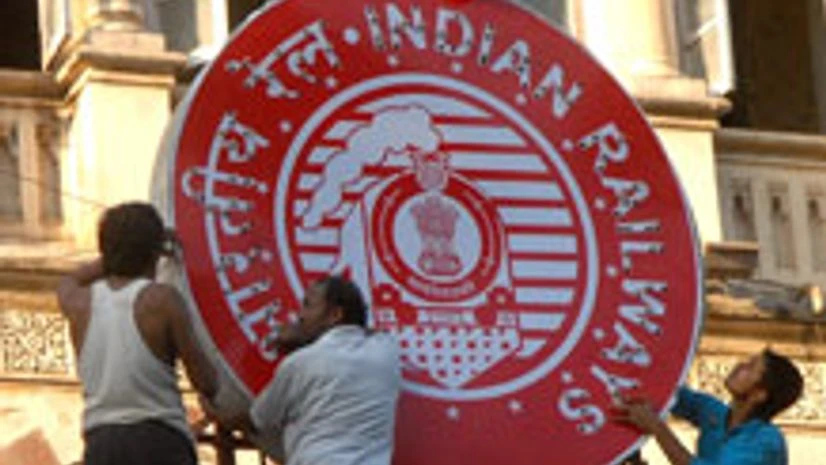With threat of a nation-wide strike by Railways employees looming, the Railway Board will hold discussions with the representatives of two leading Railway unions on January 15 and 16. The move comes in the wake of All India Railwaymen's Federation (AIRF) conducting a strike ballot on December 20 and 21 across 17 zones of the Indian Railways and the National Federation of Indian Railwaymen (NRIF) giving a strike ballot call on January 17 and 18 across the country.
The unions have threatened a strike in February if their demands are not met.
The Railways' permanent negotiating machinery chaired by Member (staff) of the Railway Board will hear the unions' demands. The strike ballot was originally planned for September 2013, but was deferred after the seventh pay commission was announced. However, union leaders claim their other major demands, such as abolishing new pension schemes and addressing the anomalies in the sixth pay commission, remain unresolved.
More From This Section
About 800,000 employees participated in the recently-concluded ballot by AIRF with 96 per cent voting favour of a strike, said a senior AIRF leader.
Indian Railways employs about 1.4 million people across the country. Although the unions have threatened to strike on various occasions, it was only in 1974 under the leadership of George Fernandes that Railway employees actually went on strike.
"There are many issues on which there is unanimity between the Railway Board and the unions like revision of grade pay for running staff and station masters, but those demands are pending with the finance ministry. Going on a strike is a compulsion; we don't like a strike. But our demands are justified and they should be addressed," said Gumman Singh, leader of NRIF.
A strike at this juncture will be a headache for the Congress-led United Progressive Alliance government, which is already battling economic woes. "A railway strike means the entire economy comes to a halt. It is not the political cost but the economic cost that is worrisome. Since the seventh pay commission has already been announced, I don't see a reason why the unions should threaten a strike," said Akhileshwar Sahay, a railway expert.
This view is echoed by former railway officials, who said the strike threat is tantamount to arm-twisting the government, which is facing elections in a few months. They also point out that the Railways has a good dispute resolution mechanism at the district, zonal and division levels, which can address the current disputes.
"If they (unions) have any grievances about the sixth pay commission, they can take them to the seventh pay commission. Any threat of strike should be dealt with an iron fist ," said Sahay.

)
